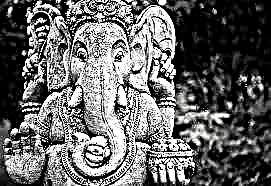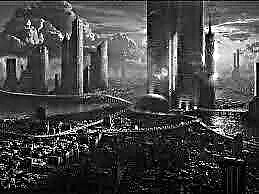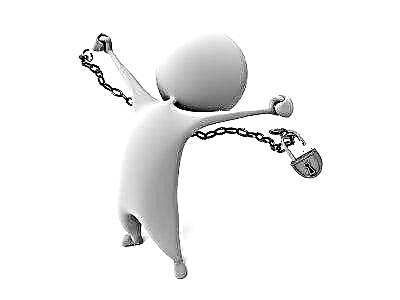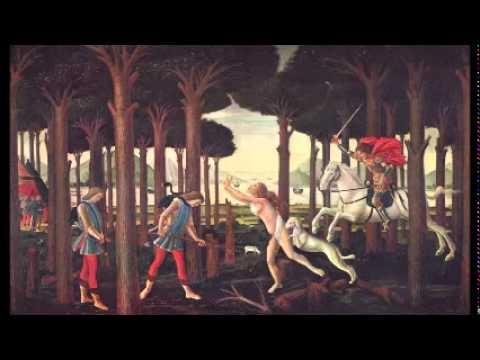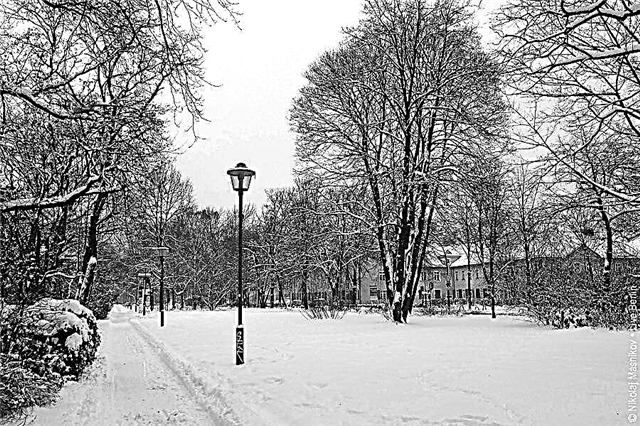: The ship's doctor came to the country of intelligent horses and semi-wild primates. The doctor fell in love with noble horses and hated people. Returning home, he was never able to get used to his wife and children.
The narration is conducted on behalf of the ship's physician Lemuel Gulliver.
Chapter 1. Gulliver enters the country of the guignings
Five months after returning from Japan, Gulliver was asked to "take the position of captain on the ship" Adventure "."
Lemuel Gulliver - ship's doctor, brave, decisive, honest, loves adventure and travel
He agreed and left England on September 7, 1710. During sailing, several sailors died of tropical fever, and Gulliver had to replenish the team in Barbados. New sailors turned out to be pirates. They captured the ship, captured Gulliver and on May 9, 1711 landed him on an unfamiliar shore.
Hoping to meet the natives and bribe them with trinkets seized from the ship, Gulliver headed inland, which was a plain planted with oats and delimited by rows of trees. Soon Gulliver was attacked by a flock of disgusting humanoid animals, a mixture of humans and monkeys. Horses rescued him, at the sight of which the primates fled.
Chapter 2Guignmma - reasonable horses
Horses led Gulliver to the estate, where only horses and mules lived.
The people who managed to train unreasonable animals in this way must undoubtedly surpass all other peoples of the globe in their wisdom.
The traveler searched for their owners for a long time, until he realized with amazement that they were reasonable. These creatures called themselves Huignings. They planted oats, kept cows, and humane exe did almost no training to do the black work. The notch “between the hoof and the grandmother” served the guigngnm, just like a man’s fingers.
Chapter 3. The Huignings understand that Gulliver is a reasonable primate
The Guingnms took Gulliver a separate hut. He learned to bake oatmeal and water cakes and soon convinced his masters that he was intelligent. Thanks to his ability to languages, Gulliver quickly learned the language of the Huignings and realized that this people is very virtuous and noble. Yehu, on the other hand, was so greedy, envious, lazy, petty, cowardly, cruel and vindictive, that caused the traveler a strong disgust.
Neighboring Huignms came to the owner of Gulliver to look at the "reasonable exe." The owner himself could not understand what breed Gulliver belonged to until he saw him without clothes and realized that he was not much different from local primates. The owner promised to keep the secret.
Chapters 4–7. Gulliver's story about European society
The longer Gulliver lived with the Huignings, the more he admired these noble creatures who did not know what lies, meanness, theft and betrayal were.The traveler had to tell how horses are treated in his homeland. Then he spoke about the customs and history of the British, about wars and weapons, about dishonest judges and cheating doctors, about the wealth, poverty and vices of European society.
Chapter 8. Gulliver’s tale of a fair society of guignings and wild primates
Gulliver's story greatly alarmed the owner. The Huigngnms treated ex, as disgusting animals that fed on carrion and were at enmity with each other. Now the owner understood what would happen if you give these primates reason.
A corrupted mind is perhaps worse than animal dullness.
Guigngnm compared the behavior of Europeans with the customs of the semi-wild exu and found many similarities
For three years, the virtue of the Huignings radically changed Gulliver's view of "the nature of man." These faithful and benevolent beings were guided by reason throughout, therefore they did not know long disputes, upholding of "false or doubtful opinions."
Chapter 9. The Great Council of the Huigngnms and the Legend of Wild Primates
Every four years, on the day of the vernal equinox, a council of representatives of the Huigngnms nation took place, where various economic affairs were discussed. At a meeting held during Gulliver’s stay on the island, the guigngnoms decided: “should the wipe be wiped off the face of the earth?”
According to legend, a pair of these animals once appeared in the country of the Huigngms, from nowhere, began to breed and dirtied the island. The Guingnms destroyed the adult exe, and the cubs were taken home and taught to carry heavy loads.The owner, however, believed that the first exes arrived in his country from across the sea, and their descendants went wild.
Chapter 10. The Huigngnms Drive Gulliver Out of Their Country
The owner told the council about Gulliver, and the guignings decided that he should leave their country. All this time, Gulliver listened to the wise conversations of the owner and his friends and was imbued with the deepest respect in half with fearful admiration. He was happy in this country, and the decision of the council plunged him into deep gloom.
Chapter 11. Gulliver returns to England
Gulliver built something like Native American pies and moved to a neighboring island, where he decided to live the rest of his life, not wanting to "again wallow in the vices" of his tribe. After spending the night on a bare cliff, he reached the land, which turned out to be the coast of Australia. Soon Gulliver had to run away from the savages, and in a new place he was seen by sailors from a Portuguese ship.
The ship's captain considered Gulliver insane and decided to forcibly take him home. Throughout the journey, the unfortunate man could not communicate with people who were disgusting to him. Arriving in Lisbon, Gulliver spent ten days with the captain and gradually learned to bear the appearance of "exe".
On December 5, 1715, Gulliver returned home. At first he treated his wife and children with hatred, disgust, and contempt. After a year, he got used to them, but did not allow himself to be touched. Gulliver spoke only with the stallions he bought.
Chapter 12. Gulliver summarizes his travels
In conclusion, Gulliver argues that everything he wrote is pure truth.He believes that the conquest of the countries he discovered will be unprofitable for the British crown, and does not want peaceful nations to suffer from “just English”.
The retelling is based on the translation

